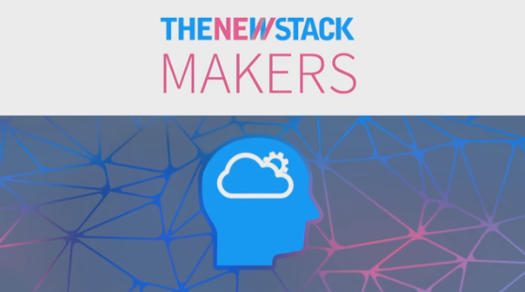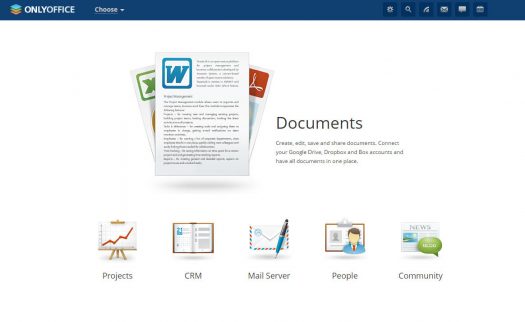After whetting his appetite at this year’s Comic-Con, our resident Linux newbie discovers free and open source apps for reading digital comics, as well as a treasure trove of available sources for free comics online.
The Linux Gadabout
San Diego Comic-Con 2016 has come to a close and baby, I got the blues. On one hand, I really don’t like crowds. On the other hand, there’s something inspiring about experiencing more than 130,000 geeks — many of them dressed like superheroes, supervillains, and other denizens from the realm of science fiction and fantasy — annually invading downtown San Diego for the better part of a week. So even during the years I don’t attend the convention itself, I usually make it to the general vicinity of the convention center to behold the chaotic spectacle of it all.

“Bob” Fogarty was the editor-in-chief at Chris Pirillo’s LockerGnome.com for nearly 12 years, and has written for ReadWrite.com and TheArtofCharm.com. He lives in San Diego with his wife and a medium-sized menagerie of beasties great and small. Follow him on Twitter: @Fogarty



 The meeting came about because Reglue’s booth was right across the aisle from OpenShot’s booth. and their display caught my eye immediately. I’ve worked with many video editing tools over the years, and frankly, I’ve usually ended up paying someone to do the work for me because I found the level of complexity and the learning curve to be insurmountable. So being placed this closely to the OpenShot Studios booth rang out as a golden opportunity, which indeed it was.
The meeting came about because Reglue’s booth was right across the aisle from OpenShot’s booth. and their display caught my eye immediately. I’ve worked with many video editing tools over the years, and frankly, I’ve usually ended up paying someone to do the work for me because I found the level of complexity and the learning curve to be insurmountable. So being placed this closely to the OpenShot Studios booth rang out as a golden opportunity, which indeed it was.






 OpenOffice, if you’ll remember, was forked by a group of developers who had been frustrated for years by roadblocks to what they saw as necessary development by Sun Microsystems, which had created the open source project out of Star Office, a proprietary suite it purchased in the late 1990s. When the situation worsened after Oracle took ownership, the developers created The Document Foundation, forked OpenOffice and released it as LibreOffice under the GPL. Improvements became evident right away, with much of the early work centering on cleaning up the bloated code base.
OpenOffice, if you’ll remember, was forked by a group of developers who had been frustrated for years by roadblocks to what they saw as necessary development by Sun Microsystems, which had created the open source project out of Star Office, a proprietary suite it purchased in the late 1990s. When the situation worsened after Oracle took ownership, the developers created The Document Foundation, forked OpenOffice and released it as LibreOffice under the GPL. Improvements became evident right away, with much of the early work centering on cleaning up the bloated code base.